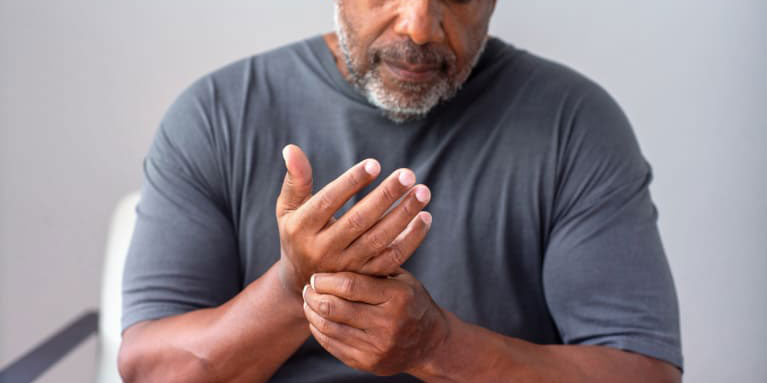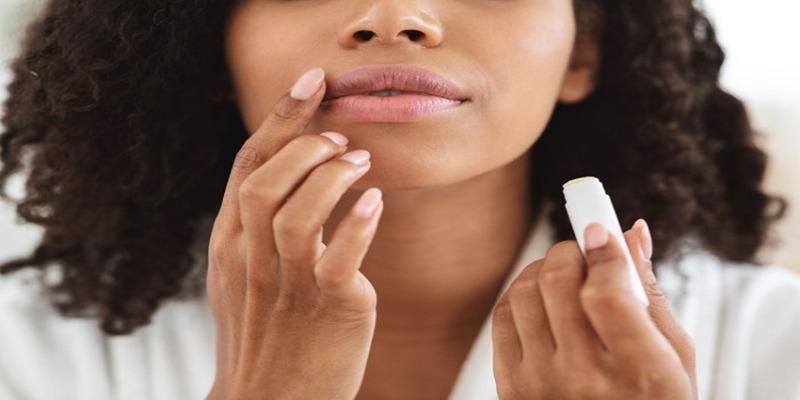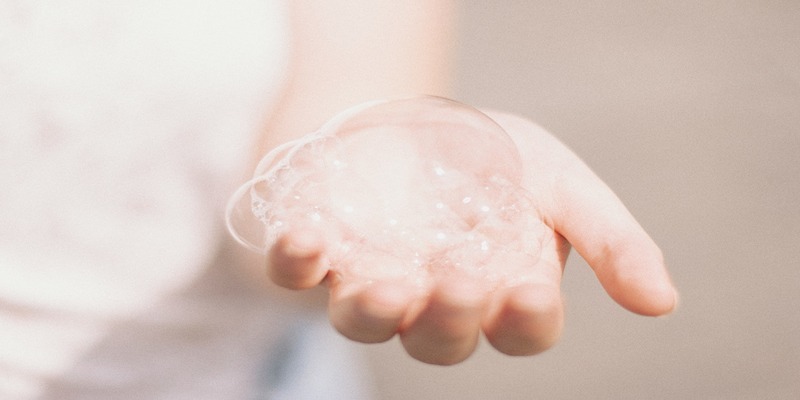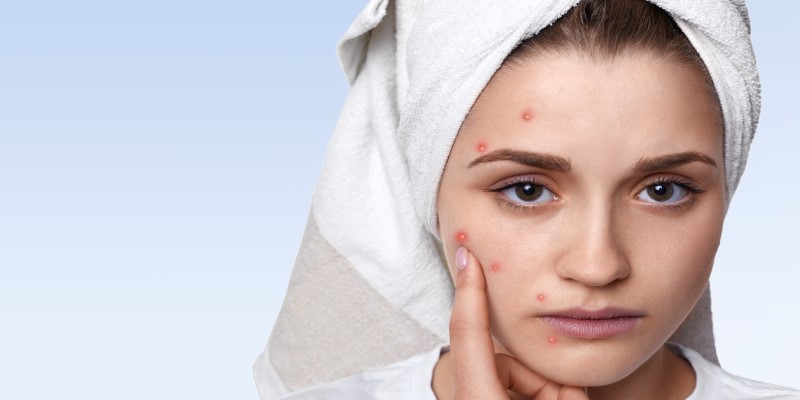
Pimples are a common skin problem that can be frustrating to deal with. But what's even more frustrating is when they keep coming back! Recurring pimples can be a real headache, and it's essential to understand the root cause of this issue to find an effective solution. There are various reasons why pimples keep appearing in the same spot.
Often, it can take some trial and error to figure out what works best for your skin. In this article, we'll explore the truth about recurring pimples and share some tips and tricks to stop them for good. You'll find plenty of helpful information to keep your skin healthy, clear, and blemish-free.
What Are Recurring Pimples?
Recurring pimples are a common skin condition that affects people of all ages, genders, and skin types. They are characterized by inflamed or infected bumps on the skin's surface that can be painful, itchy, and unsightly. These pimples often appear in clusters, which may come and go over time, making them a frustrating and persistent problem for many people.
Recurring pimples can occur anywhere on the body, but they are most commonly found on the face, neck, chest, and back. They can be caused by a variety of factors, including genetics. Some people are more prone to recurring pimples than others, and they may experience them on a regular basis throughout their lives.
Despite their prevalence, recurring pimples can have a significant impact on a person's self-esteem and quality of life. They can be challenging to cover up with makeup or clothing and may cause embarrassment or social isolation. In some cases, recurring pimples can also lead to scarring or pigmentation changes on the skin. However, with the right care and management, many people can find relief from their recurring pimples and enjoy clearer, healthier-looking skin.
Why Are You Getting Recurring Pimples?
Acne can be a frustrating and relentless skin condition. Even after successful treatment, pimples can reappear, leaving you feeling discouraged. But did you know that there are many underlying factors that contribute to recurring pimples? You should look into these factors to develop an effective treatment plan that prevents future breakouts.
Hormonal Fluctuations
Hormonal changes are a significant cause of recurring pimples. Hormonal imbalances can cause your skin's sebaceous glands to produce excess oil, which can clog pores and lead to breakouts. Hormonal changes can occur during puberty, menstruation and menopause. Women often experience recurring pimples during their menstrual cycle due to hormonal fluctuations.
Poor Skincare Habits
Poor skincare habits can also contribute to recurring pimples. When you fail to cleanse your skin correctly, dirt, oil, and dead skin cells accumulate, leading to clogged pores and breakouts. Using the wrong skincare products can further irritate your skin and cause pimples. Harsh products or those with ingredients that your skin is sensitive to can cause recurring pimples.
Poor Diet
Your diet can also play a role in recurring pimples. Consuming processed foods, sugar, and dairy products can contribute to breakouts. Refined carbohydrates can cause insulin levels to spike, leading to an increase in sebum production and clogged pores. Dairy products contain hormones that can cause hormonal imbalances in the body, leading to acne.

Stress and Fatigue
Stress can also be a significant factor in recurring pimples. When you're stressed, your body produces cortisol, a hormone that can increase sebum production and lead to clogged pores. Stress can also weaken your immune system, making it more difficult for your body to fight off acne-causing bacteria.
Genetics
Lastly, genetics can be a factor in the recurrence of pimples. If your parents or siblings have a history of having acne, you may be more prone to recurring pimples. Genetics can influence the size and activity of your sebaceous glands, making you more susceptible to acne.
How to Treat and Eliminate Recurring Pimples?
Recurring pimples are a frustrating and sometimes painful problem. They can pop up at inconvenient times, making you feel self-conscious and embarrassed. But fear not; there are ways to treat and eliminate those pesky pimples for good.
Cleanse Your Face
One of the most important things you can do to prevent recurring pimples is to establish a solid skincare routine. This means washing your face twice a day with a gentle cleanser and using a moisturizer that is non-comedogenic (meaning it won't clog your pores). It's also important to avoid touching your face with your hands, as this can transfer bacteria and oil onto your skin.
Maintain a Healthy Balanced Diet
Another key factor in preventing pimples is to maintain a healthy diet. Eating a diet rich in fruits, vegetables, and whole grains can help reduce inflammation and promote healthy skin. Similarly, drinking plenty of water can help to flush toxins from the body and keep the skin hydrated.
Use Benzoyl Peroxide
When it comes to treating pimples that reoccur, there are a few different options. One of the most popular treatments is benzoyl peroxide, which can be found in many over-the-counter acne products. Benzoyl peroxide works by reducing inflammation and killing bacteria on the skin. It's essential to be careful when using benzoyl peroxide, however, as it can be drying and irritating to the skin.
Treat Your Skin With Salicylic Acid
Another effective treatment for recurring pimples is salicylic acid. Salicylic acid works by exfoliating the skin and unclogging pores, making it an excellent option for those with oily or acne-prone skin. Salicylic acid can be found in many acne products, including face washes, spot treatments, and toners.
Avoid Popping Pimples
In addition to these treatments, you can do several other things to help prevent recurring pimples. One of the most important is to avoid picking or squeezing your pimples, as this can lead to scarring and further breakouts. It's also important to avoid using harsh or abrasive products on your skin, as these can irritate the skin and cause more breakouts.
Be Patient and Trust the Process
Finally, it's essential to be patient when treating pimples. It can take time to see results, and sticking with a skincare routine is necessary even if you don't see immediate improvement. With the right combination of treatments and patience, you can say goodbye to recurring pimples for good.
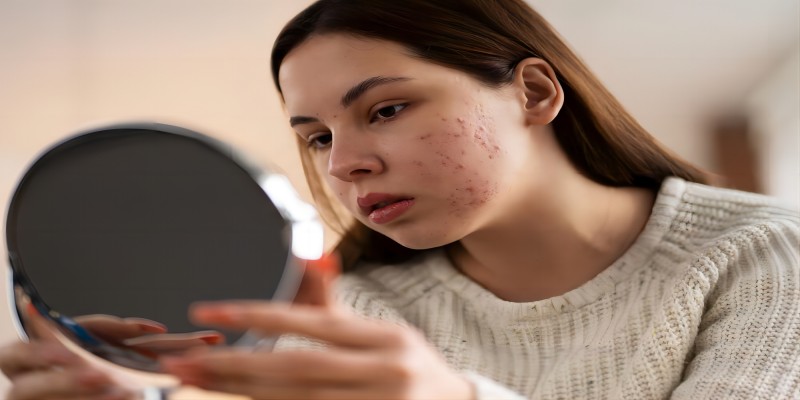
Wrapping it Up!
Recurring pimples can be frustrating and uncomfortable, but there are steps you can take to prevent them. Keeping your skin clean and avoiding harsh chemicals can help. Moreover, this article will be helpful for anyone who is struggling to get rid of recurring pimples. By following the tips mentioned in this article, you can now get a clear view of how to get closer to healthy and more transparent skin step by step in just a few weeks!
